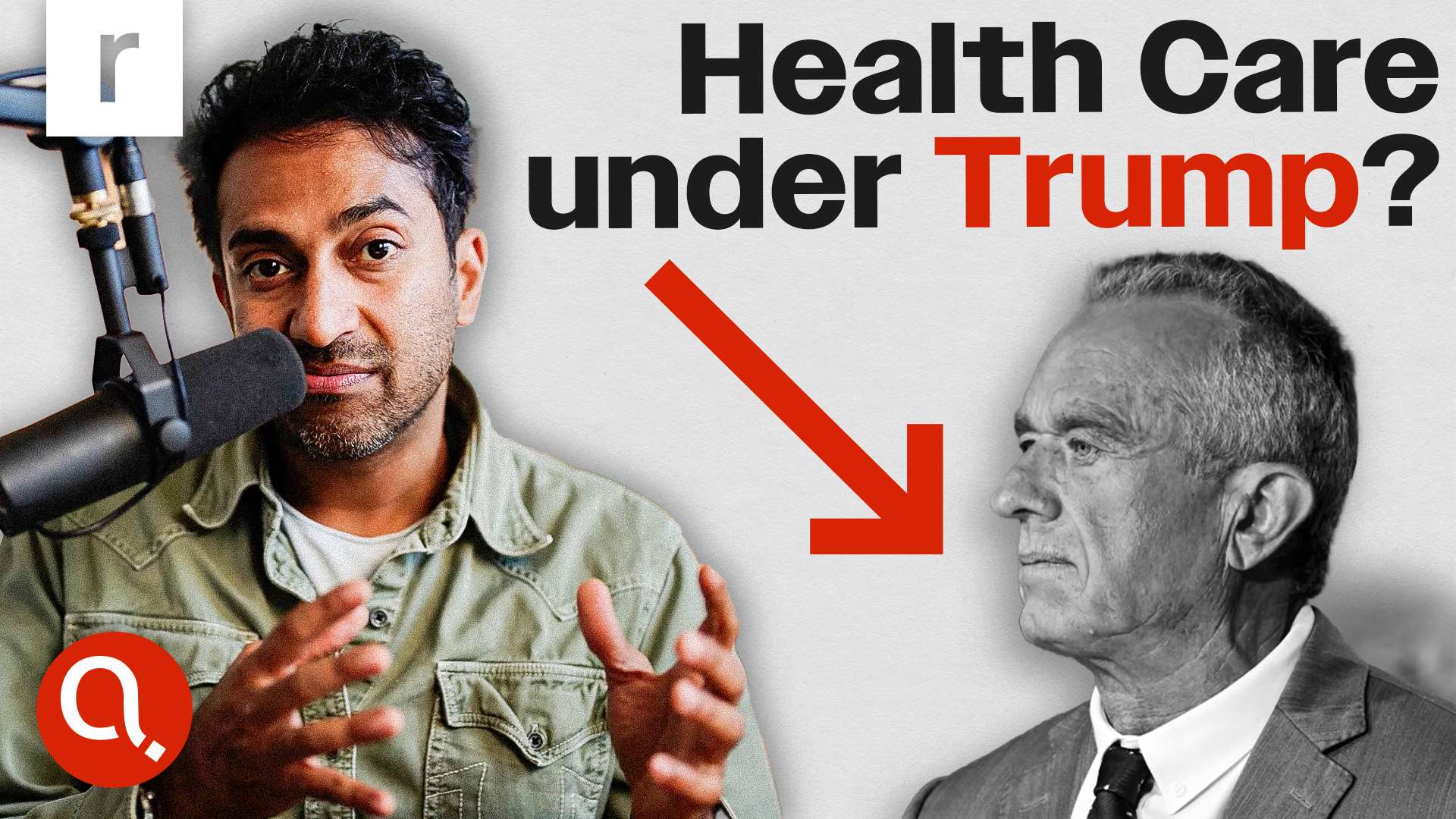Vinay Prasad: Evaluating RFK Jr.’s Insights and Missteps
Robert F. Kennedy, Jr. has recently gained prominence as a controversial figure in discussions surrounding vaccines, public health, and government health agencies. His potential appointment by President-elect Donald Trump to lead the Department of Health and Human Services raises questions about his viewpoints and the impact they may have on public health policies. Trump criticizes the “industrial food complex” and pharmaceutical companies for their alleged deception in the realm of public health and asserts that Kennedy will restore scientific integrity and transparency to governmental health agencies. This promise brings forth a myriad of opinions about Kennedy’s stance on issues like vaccine safety, food safety, and the regulation of health products.
Kennedy has built a reputation as a critic of the conventional medical community, particularly in relation to vaccines. His assertion that there is a link between vaccines and autism has been widely discredited within the scientific community, yet this narrative continues to gain traction among certain groups, particularly those wary of pharmaceutical interventions. Critics argue that Kennedy’s claims foster vaccine hesitancy, which poses public health risks, particularly in maintaining herd immunity against infectious diseases. Supporters, however, may appreciate his advocacy for questioning established medical practices and policies, viewing it as a necessary effort to promote transparency and accountability within the medical and pharmaceutical industries.
In addition to vaccine skepticism, Kennedy has proposed several controversial health policies, such as advocating for the removal of fluoride from drinking water. This position aligns with broader critiques of chemical additives in consumer products, which he claims contribute to a range of health issues. Kennedy’s suggestions often resonate with those who believe mainstream medicine is influenced too heavily by corporate interests, thus detracting from unbiased scientific research. While concerns about chemical exposure and environmental toxins are valid, public health experts like Vinay Prasad remind us that blanket changes in policy without strong scientific backing could have unintended consequences, potentially endangering well-established public health frameworks.
Kennedy’s approach to health intersects with a rising trend among health activists who advocate for alternative medicine, sometimes at the cost of scientific rigor. His proposals to ease regulations on substances like psychedelics and raw milk reflect a growing ethos promoting personal choice and natural health remedies. While there might be potential therapeutic benefits for some holistic treatments, the lack of thorough research backing their efficacy and safety raises significant concerns. As Prasad emphasizes, the challenge is to navigate the balance between advocating for innovation in health practices and ensuring that these practices are grounded in solid scientific evidence to avoid public health pitfalls.
Moreover, Kennedy’s emphasis on stricter regulations for pharmaceutical companies can be seen as a response to a distrust that many Americans feel towards the industry. Science has demonstrated that regulators have, at times, failed to hold drug manufacturers accountable for safety, leading to public outcry and demands for reform. While the call for increased scrutiny is laudable, it’s essential that any proposed changes do not hinder the development and availability of vital medications and vaccines, which have been instrumental in combating various diseases. Prasad’s insights suggest that effective health policy should advocate both for accountability and for the continued advancement of medical science through reliable oversight and regulation.
In conclusion, the discourse surrounding Robert F. Kennedy, Jr.’s views and proposed policies presents a complex intersection of public health, trust in science, and the power dynamics of pharmaceutical politics. As discussions about his potential leadership role unfold, it is crucial to critically evaluate the merits and flaws of his agenda while considering the broader implications for public health and safety. Engaging experts and fostering open dialogues about these issues can help ensure that the path forward in health policy remains committed to evidence-based medicine, transparency, and the wellbeing of the population. Engaging with voices like Prasad’s provides a needed counterbalance to polarized discussions, offering clarity about the implications of shifting paradigms in health policy.
Share this content:












Post Comment